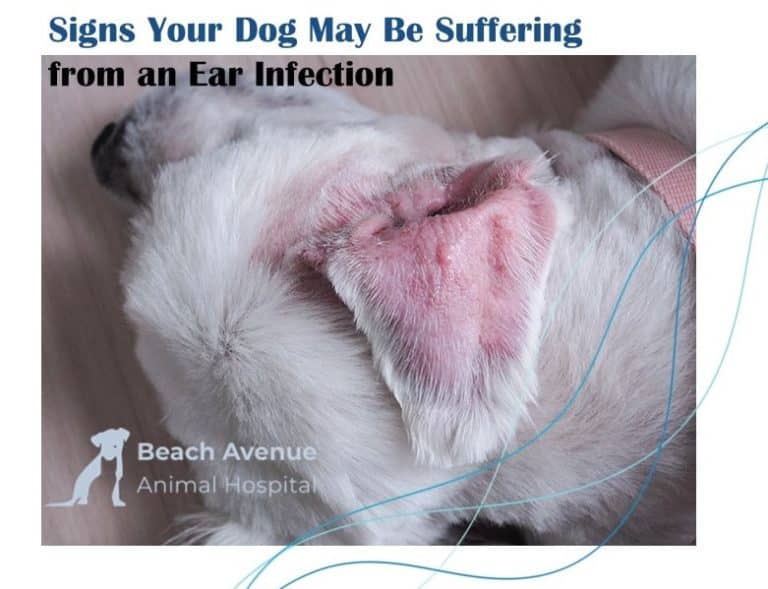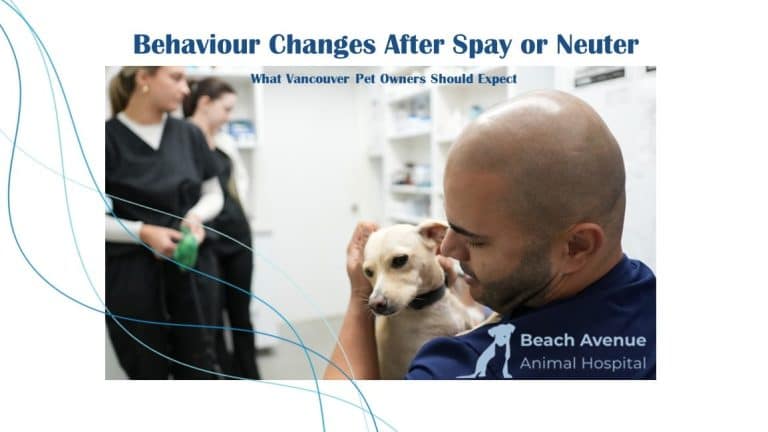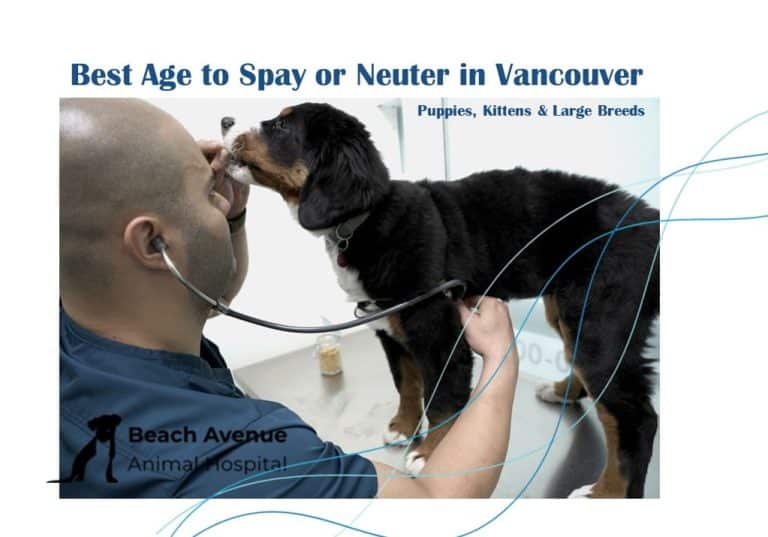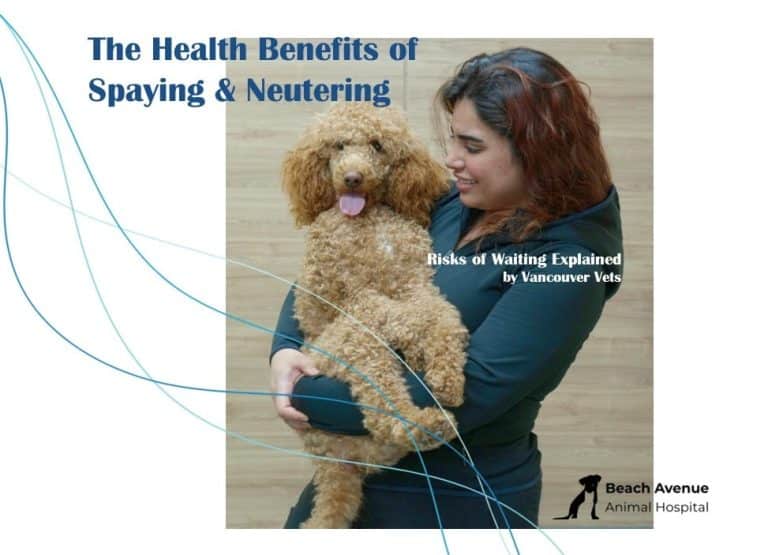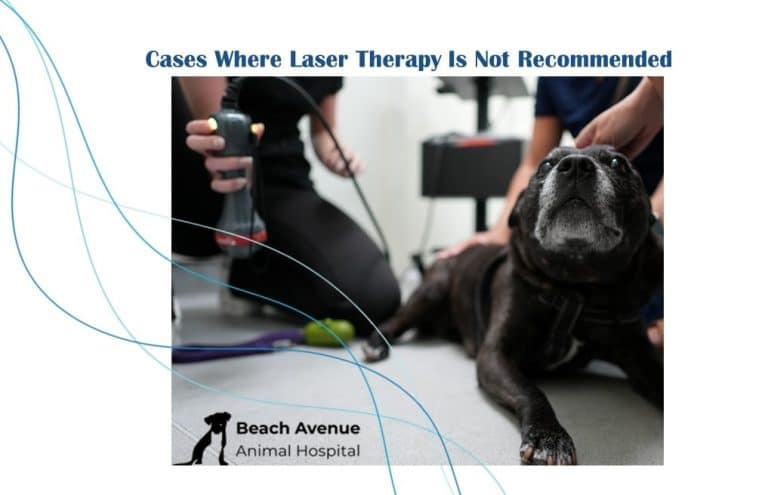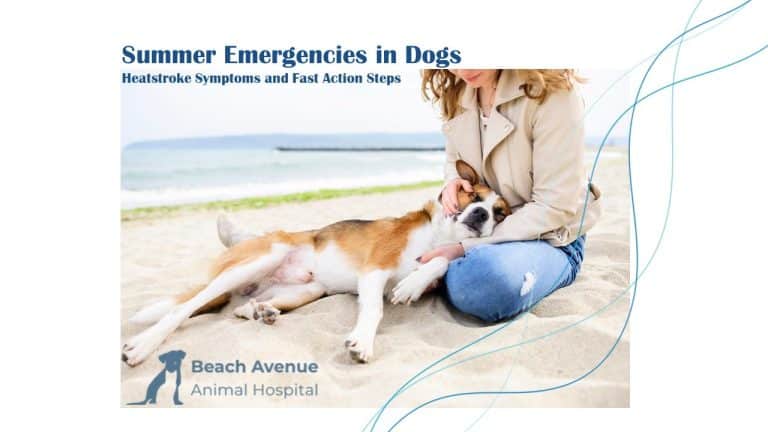Senior pets end up in shelters for a variety of reasons. People think of them as “problem pets” but in fact they lose their homes for a variety of reasons. Often senior pets end up in shelters because they were the pets of elderly people who died, or had to move into assisted living where pets are not allowed; economic hardship that cause the family to give up the dog; children were born and the pet did not tolerate the new baby, or the parents did not want the additional responsibility; health issues that the pet developed, or as a result of an animal rescued from poor living conditions.
Sure puppies and kittens are cute, but adopting puppies and kittens can be a lot more work: “accident” clean-ups, crazy midnight play sessions, and training to a name a few. There are many advantages to adopting an older cat or dog.

Here are 5 great reasons to consider a senior pet:
- They’re trained. Older dogs are typically house trained already and understand basic commands like sit and stay. If you choose to add additional tricks to your pet’s repertoire, you can teach an old dog new tricks! Older dogs typically learn tricks more easily than puppies because they have a greater attention span than a puppy. Older cats are usually litter trained so training to use a litter box is already done!
- What you see is what you get. There are no mysteries about what size the pet will be, the personality of the pet, how furry the coat will be, or level of care your senior pet will need. Senior pets often come to you with medical history.
- They’re less destructive. Puppies can be destructive. Because they have all their adult teeth, senior pets tend not to chew on table legs, shoes, couches, and everything else. Senior pets are often thought of as “problem pets” but they usually lose their home for reasons other than their behavior or personality.
- They’re calmer. Older pets have already gone through their excessive energy phase of life. They are usually much more relaxed and have established their personality and character. By asking shelter employees about the pet’s character, you will know if the pet will fit into your household and lifestyle.
- You are a hero. Senior pets are usually the “least adoptable.” By adopting a senior pet you are providing a loving home for the pet to live out his or her golden years.
If you are considering adopting a pet, think about adopting a senior pet. We also offer senior dog check ups– we would love to meet your new older furry friend!
Note: This article, written by LifeLearn Animal Health (LifeLearn Inc.) is licensed to this practice for the personal use of our clients. Any copying, printing or further distribution is prohibited without the express written permission of Lifelearn. Please note that the news information presented here is NOT a substitute for a proper consultation and/or clinical examination of your pet by a veterinarian.


